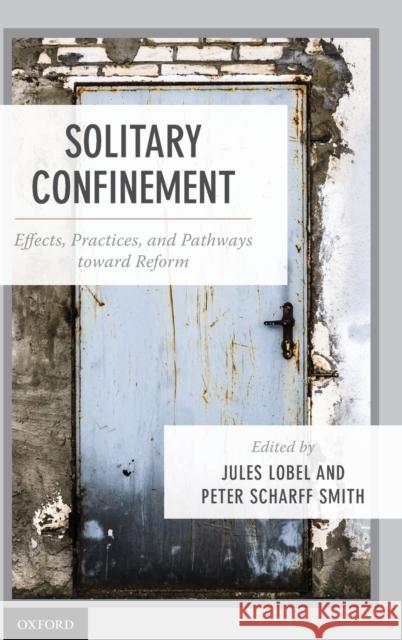Solitary Confinement: Effects, Practices, and Pathways Toward Reform » książka
topmenu
Solitary Confinement: Effects, Practices, and Pathways Toward Reform
ISBN-13: 9780190947927 / Angielski / Twarda / 2019 / 396 str.
Kategorie:
Kategorie BISAC:
Wydawca:
Oxford University Press, USA
Język:
Angielski
ISBN-13:
9780190947927
Rok wydania:
2019
Ilość stron:
396
Waga:
0.65 kg
Wymiary:
23.88 x 15.49 x 3.05
Oprawa:
Twarda
Wolumenów:
01
Dodatkowe informacje:
Bibliografia











